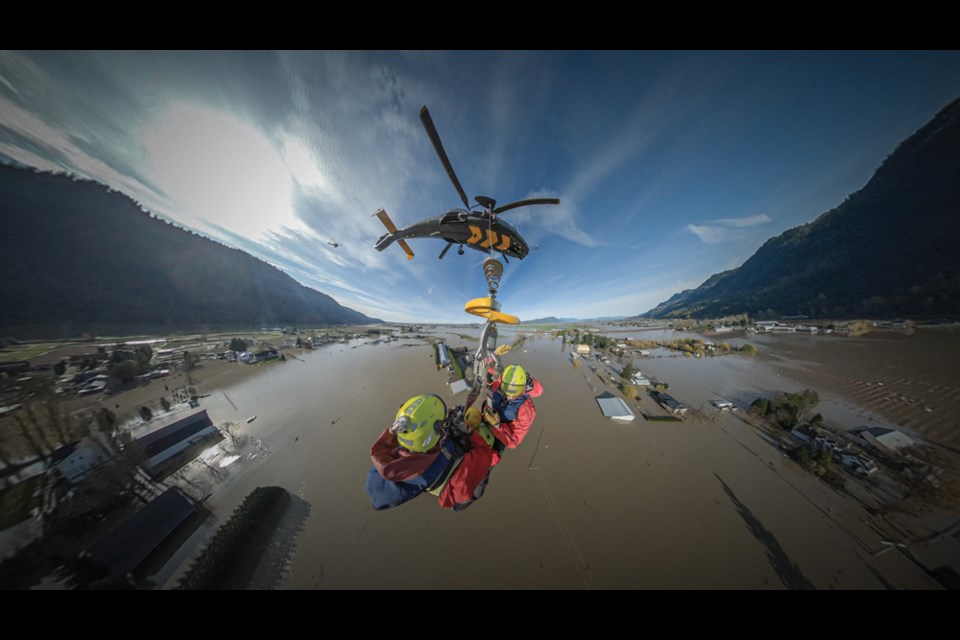A year ago at this time, we were waking up to a frightening reality. A series of storms left the Sumas Prairie under water. Thousands were evacuated. And Metro Vancouver was physically cut off from the rest of Canada after landslides took out road and rail links through the mountains.
It’s ominous to think about, but the November 2021 atmospheric river was still just a shot across the bow in terms of what’s coming as our climate warms, experts say.
With our three new municipal councils being sworn in, we want to see an everything-and-the-kitchen-sink approach to climate strategies.
In one of their first votes after being sworn in, City of North Vancouver council topped up their fund for electric vehicle charging and home heat pumps, yet they still require new buildings to connect to their gas-burning Lonsdale Energy Corp. West Vancouver, meanwhile, just unplugged from an ebike subsidy pilot project.
When it comes to how we run our economy, heat our buildings and get around, there is so much room for improvement. But policies to get us to net-zero carbon emissions still face resistance – resistance that is usually rooted in finances, or a belief that the status quo will somehow prevail. The $7.5 billion in costs associated with the storms of November 2021 should disabuse us of this fantasy and that miserly strategy.
Decarbonization isn’t a radical idea or a nice-to-have. It is both a moral and financial imperative.
Here on the North Shore, we cling to a steep slope between a rising ocean and a drying forest. With so much at stake, we really should be leaders when it comes to climate action, not laggards.
What are your thoughts? Send us a letter via email by clicking here or post a comment below.


